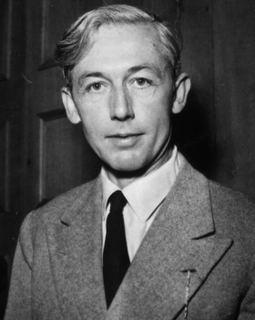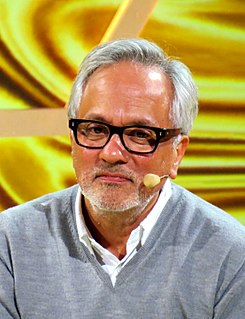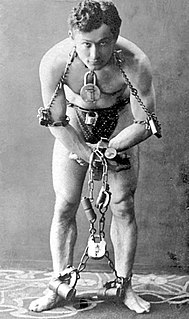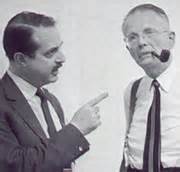A Quote by Ambrose Bierce
ORTHOGRAPHY, n. The science of spelling by the eye instead of the ear.
Related Quotes
The ear is profound, whereas the eye is frivolous, too easily satisfied. The ear is active, imaginative, whereas the eye is passive. When you hear a noise at night, instantly you imagine its cause. The sound of a train whistle conjures up the whole station. The eye can perceive only what is presented to it.
The ear participates, and helps arrange marriages; the eye has already made love with what it sees. The eye knows pleasure, delights in the body's shape: the ear hears words that talk about all this. When hearing takes place, character areas change; but when you see, inner areas change. If all you know about fire is what you have heard see if the fire will agree to cook you! Certain energies come only when you burn. If you long for belief, sit down in the fire! When the ear receives subtly; it turns into an eye. But if words do not reach the ear in the chest, nothing happens.
Spelling bees? Spelling bees do not scare me. I competed in the National Spelling Bee twice, thank you very much. My dad competed in the National Spelling Bee. My aunt competed in the National Spelling Bee. My uncle WON the National Spelling Bee. If I can't spell it, I know someone who can. So just bring it on.
As I have said before, I never had any large respect for good spelling. That is my feeling yet. Before the spelling-book came with its arbitrary forms, men unconsciously revealed shades of their characters, and also added enlightening shades of expression to what they wrote by their spelling, and so it is possible that the spelling-book has been a doubtful benevolence to us.
The human race sees with one eye, the male eye; hears with one ear, the male ear; and thinks with one half the human mind, the male mind. And the decisions we are making show we are not bringing to the agendas, and the questions and the problems of the world, all the resources of the world to solve them.
It is not unusual for the eye or ear to play tricks with one, but when such illusions and delusions are taken for the Spirit forms of the departed and voices of the dead instead of being recognized as some subjective phenomena brought about by a physical cause, the situation takes on a grave aspect.
If you want to play something that you hear, you need to listen with your mind's eye. You've heard of the mind's eye, right? Your mind has an ear too. It's a kind of listening, but it's not using your ears to listen. It's listening with your inner ear, and that's what you want to translate onto the guitar.































